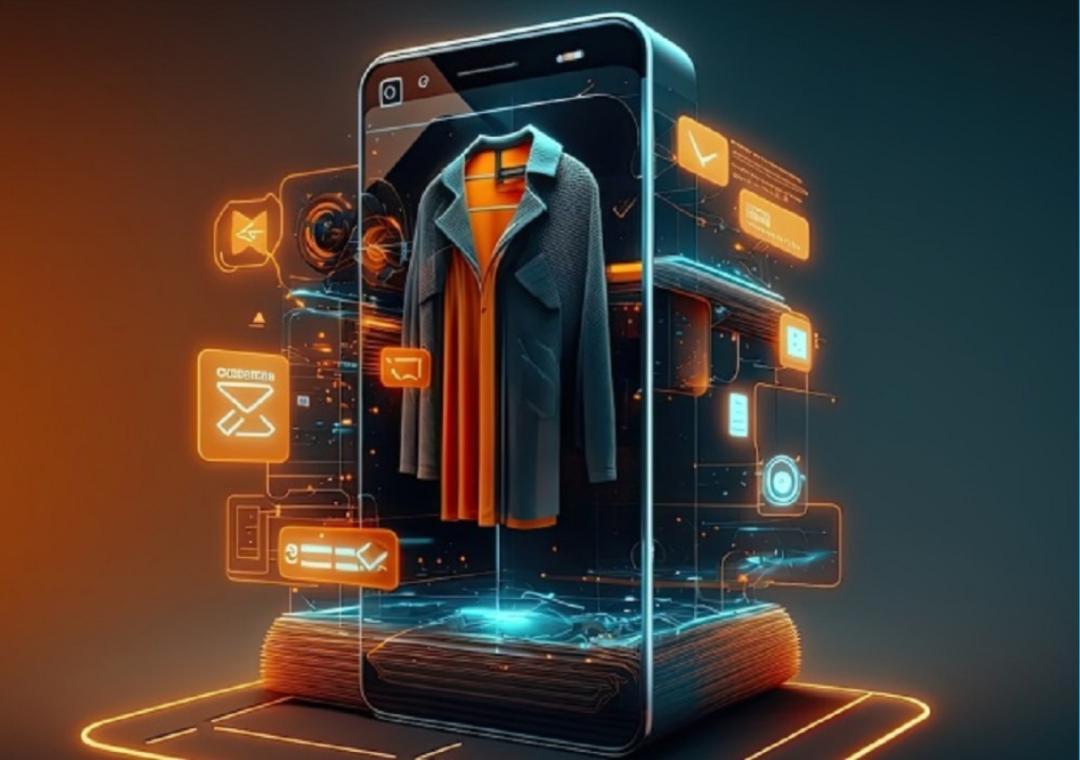
How AI, AR & Automation are Redefining Online Shopping in 2025
Online shopping has undergone a significant transformation in recent years, and the future of e-commerce looks more promising than ever. With the advent of Artificial Intelligence (AI), Augmented Reality (AR), and automation, online shopping is becoming faster, more immersive, and frictionless. In this blog post, we’ll explore how these technologies are redefining the online shopping experience and what lies ahead for e-commerce in 2025.
AI-Powered Personalization
One of the most significant changes in online shopping is the use of AI-powered personalization. AI chatbots are now common in e-commerce, helping customers find what they’re looking for quickly and easily. These chatbots use machine learning algorithms to understand customer behavior, preferences, and purchase history, enabling them to provide personalized product recommendations.
For instance, AI chatbots can help customers find the perfect size, color, or style of a product based on their past purchases or browsing history. This level of personalization not only improves the customer experience but also increases the likelihood of conversion.
Smart Recommendations
AI-powered smart recommendations are another game-changer in online shopping. These recommendations use data analytics and machine learning to suggest products to customers based on their interests, preferences, and purchase history. Smart recommendations can be seen in various forms, such as:
- Product recommendations: AI-powered product recommendations suggest related products to customers based on their purchases or browsing history.
- Content recommendations: AI-powered content recommendations suggest relevant blog posts, videos, or social media content to customers based on their interests.
- Cross-selling and upselling: AI-powered cross-selling and upselling strategies suggest complementary products or upgraded versions of products to customers.
Voice Commerce
Voice commerce is another area where AI is making a significant impact. With the rise of smart speakers and voice assistants, customers can now shop using voice commands. AI-powered voice commerce platforms enable customers to search, discover, and purchase products using voice commands.
For instance, Amazon’s Alexa-powered voice commerce platform allows customers to search for products, check prices, and make purchases using voice commands. This technology is not only convenient but also enables customers to shop hands-free, making it a game-changer for e-commerce.
AR Virtual Try-Ons
Augmented Reality (AR) is revolutionizing the online shopping experience by enabling customers to try on products virtually. AR virtual try-ons allow customers to see how products would look on them without actually trying them on. This technology is particularly useful for fashion and beauty products, where customers often struggle to find the perfect fit.
For instance, Sephora’s AR virtual try-on feature allows customers to try on makeup without actually applying it. This technology not only enhances the customer experience but also increases conversion rates.
Automation in Supply Chain and Logistics
Automation is another area where AI and AR are making a significant impact. Automation in supply chain and logistics enables e-commerce businesses to streamline their operations, reduce costs, and improve delivery times.
For instance, AI-powered logistics platforms use machine learning algorithms to optimize delivery routes, enabling e-commerce businesses to reduce delivery times and improve the overall customer experience. AR-powered warehouse management systems also enable warehouse workers to pick and pack products more efficiently, reducing errors and improving productivity.
The Future of Online Shopping in 2025
In conclusion, AI, AR, and automation are redefining the online shopping experience in 2025. With AI-powered personalization, smart recommendations, and voice commerce, e-commerce businesses can provide customers with a seamless and immersive experience. AR virtual try-ons and automation in supply chain and logistics are also changing the game, enabling e-commerce businesses to streamline their operations, reduce costs, and improve delivery times.
As we move forward, we can expect to see even more innovative applications of AI, AR, and automation in e-commerce. From AI-powered customer service chatbots to AR-powered product demonstrations, the future of online shopping looks brighter than ever.
News Source:
https://www.growthjockey.com/blogs/e-commerce-tech-trends-online-shopping



